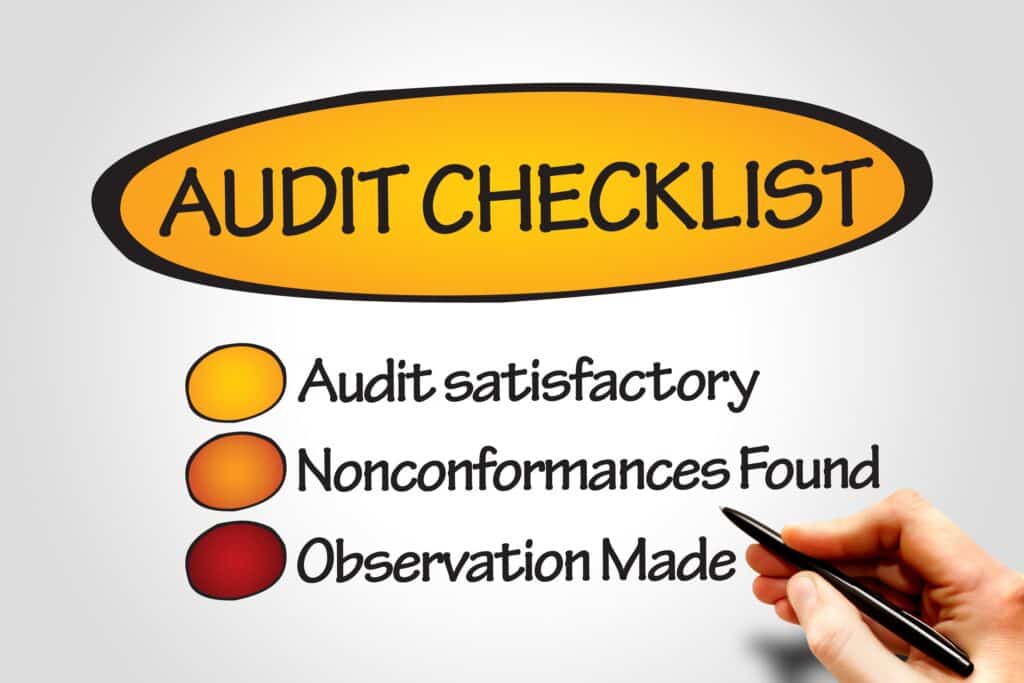The 7 Key Steps to a Successful Waste Audit
Performing a waste audit is essential for cost reduction, sustainability improvement, and meeting environmental objectives. Follow these seven crucial steps to make it effective.
Set Goals and Objectives
Before diving into the waste audit process, it is crucial to identify specific goals and objectives. What do you want to achieve by conducting a waste audit? Are you aiming to:
- Reduce the amount of waste your organization produces.
- Increase recycling rates?
- Identify areas for improvement and efficiency.
Once you know your goals, you can tailor it to your needs.
Gather Data
The foundation of any waste audit lies in data collection. Start by investigating factors such as:
- Types of waste produced
- Amount of waste generated
- Origins of the waste
- Disposal methods
You can gather data using waste logs, waste stream surveys, and observations at your facility.
Analyze the Data
After collecting data, you must analyze it to identify trends and patterns. Data analysis helps to pinpoint areas of significant resource waste and provides insights into potential improvements.
Develop Recommendations
Following your analysis, develop specific, measurable, achievable, relevant, and time-bound (SMART) recommendations to reduce waste in your organization. For instance, suggestions may involve optimizing processes, purchasing environmentally friendly materials, or incentivizing employees to adopt greener habits.
Implement the Recommendations
To ensure results, implement your recommendations gradually or all at once, depending on your organizational capacity. Successful implementation may require changing processes, investing in new equipment, or providing employee training.
Monitor and Evaluate
Once the recommendations are in place, monitoring and evaluation should follow. Measuring the effectiveness of the changes will reveal whether the recommendations are achieving the desired results. Utilize data collection methods and continue tracking waste generation to compare against initial findings.
Repeat the Process
Waste audits should be a cyclical process, allowing your organization to improve its waste management practices continuously. Regularly conducting waste audits not only helps maintain progress but can also reveal new areas for improvement.
In conclusion, a waste audit is an invaluable tool for organizations aiming to reduce environmental impact and enhance efficiency. By setting clear goals, collecting and analyzing data, and implementing practical recommendations, your organization can reap the benefits of a successful waste audit and contribute positively to the environment.
Looking to make the most of your audit journey?
Turn to the experts at MedPro Disposal, who offer specialized waste management solutions tailored to your organization’s unique needs. Ongoing support, advanced industry insights, and comprehensive services allow you to achieve your sustainability goals while maintaining efficiency.







